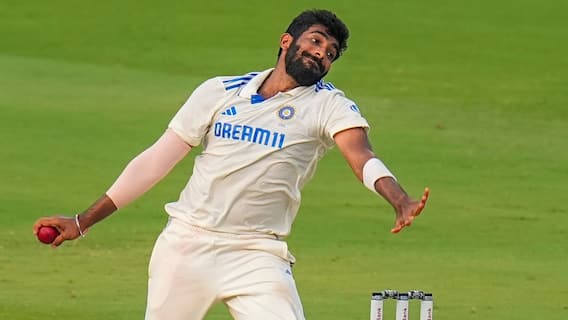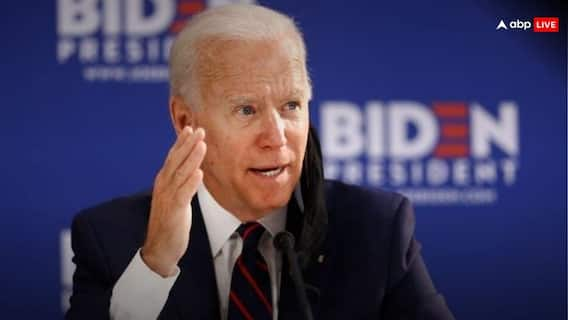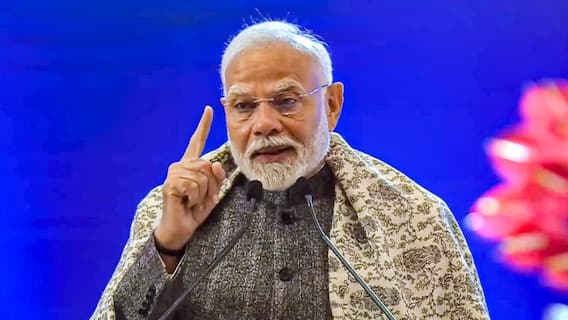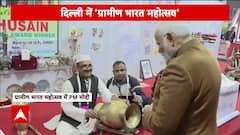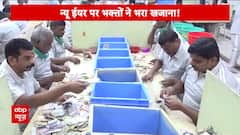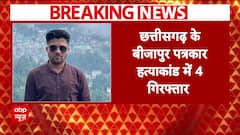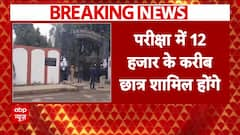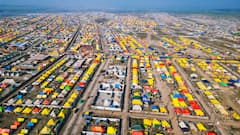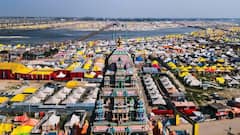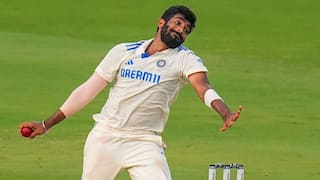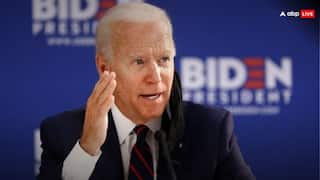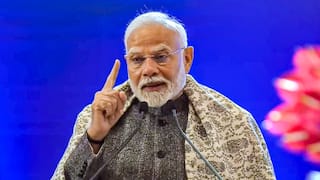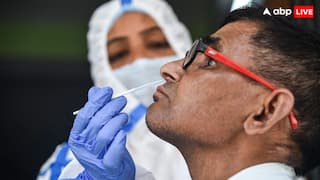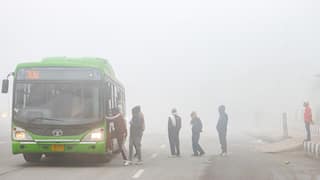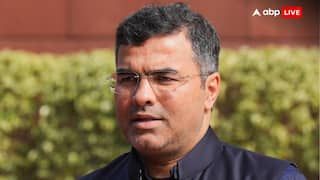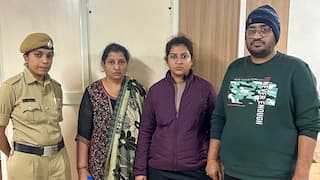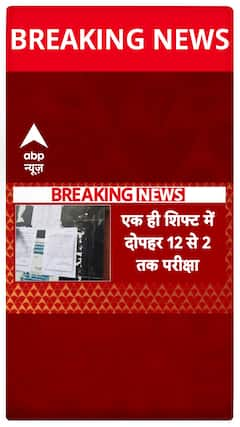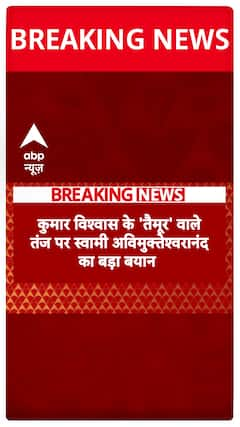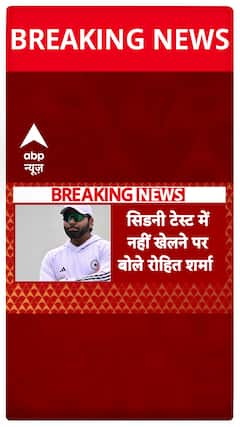'Showed affection, but PM Modi didn't like that'

Hamburg [Germany], Aug 23 (ANI): As Congress President Rahul Gandhi's gesture in Parliament continues to be a topic of discussion, the former opined that the hug was a symbol of affection, which, he claimed, upset Prime Minister Narendra Modi.
Addressing a gathering here at Kampnagel Theater in Bucerius Summer School, Gandhi clarified that the embrace was a response to the hateful remarks directed towards him by the Prime Minister.
"Responding hate with hate is foolish. It is not going to solve any problem. The only thing you control is how you respond. I wanted to tell him the world is not all evil places. There are many people who have affection. Prime Minister was making hateful remarks at me, I showed affection. He didn't like that. He was upset and taken aback, but it works." he said.
Taking the discussion forward, the Congress President reiterated that violence cannot be used to overcome violence, adding that the only solution was forgiveness.
"I have seen two members of my family being killed - my father and grandmother. Violence cannot be overcome by violence. The correct way to deal with violence is to act non-violently. My father was killed by a terrorist in 1991. When the same terrorist died a few years later, I was not happy. I saw myself in his children. I have suffered violence and I can tell you, there is only one way to let it go- forgiveness. And for forgiveness, you need to understand where it is coming from," he elucidated.
Gandhi then went on to corner the ruling National Democratic Alliance (NDA) government over the starch increase in the cases of mob lynching and claimed that such incidents were being caused by the forceful repatriation of people back into villages.
"A large number of people who worked in small businesses were forced back into villages. This is what's making people angry. All the lynchings we hear about are the result of this. The Dalits, minorities and tribal people are now not allowed to gain from the government. All the money that used to go into schemes for the poor is now going to a few large corporates," he claimed.
Highlighting a decline in employment generation in India, Gandhi noted that despite a steady growth, India continues to suffer from a shortage of jobs, which, he claimed, Prime Minister Modi refuses to acknowledge.
He further attacked the Modi government on the supposed cash crunch created by the November 2016 demonetisation drive.
"Couple years back, the Prime Minister demonetised the Indian economy and destroyed the cash flow of all MSMEs and millions of people who worked in the informal sector were left unemployed," he noted.
Explaining the transitional phase of the Indian economy, Gandhi said "The transition of India began slowly. The transition was essentially breaking the idea of caste and enabling 'one man one vote'. The idea of driving change and modernity and urbanisation was the same as that in China. But the method they used was different than used in India; In India, we chose the organic route. If India was to go through this risky transition, we wanted all the communities and languages to be involved in this transformation. As we transform, the governments should help its people smoothen this traumatic change. So, all governments until 2014 followed this idea very strongly. The guaranteed employment scheme, right to food, right to information, bank nationalisation was some of the ideas that all governments held through. Now, these ideas are damaged to a great extent," he said.
He further noted that a clear vision needs to be chalked out for people to follow in the 21st century, failing to which another vision will be laid out in front of them, which may not be in the larger interest of India or the world.
Earlier in the day, Gandhi met Niels Annen, Minister Of State and Member Of Bundestag, the German federal parliament, and held a discussion on Indian and German politics, the devastating floods in Kerala, the Goods and Services Tax (GST) and jobs.
The Congress President, who is on a four-day visit to Germany and the United Kingdom, will address the Indian Overseas Congress in Berlin on Thursday.
Thereafter, Gandhi will visit the United Kingdom, where he will address an event organised by the Indian Overseas Congress in collaboration with local Indian-origin parliamentarians. (ANI)
This story has not been edited. It has been published as provided by ANI
Trending News
Top Headlines








